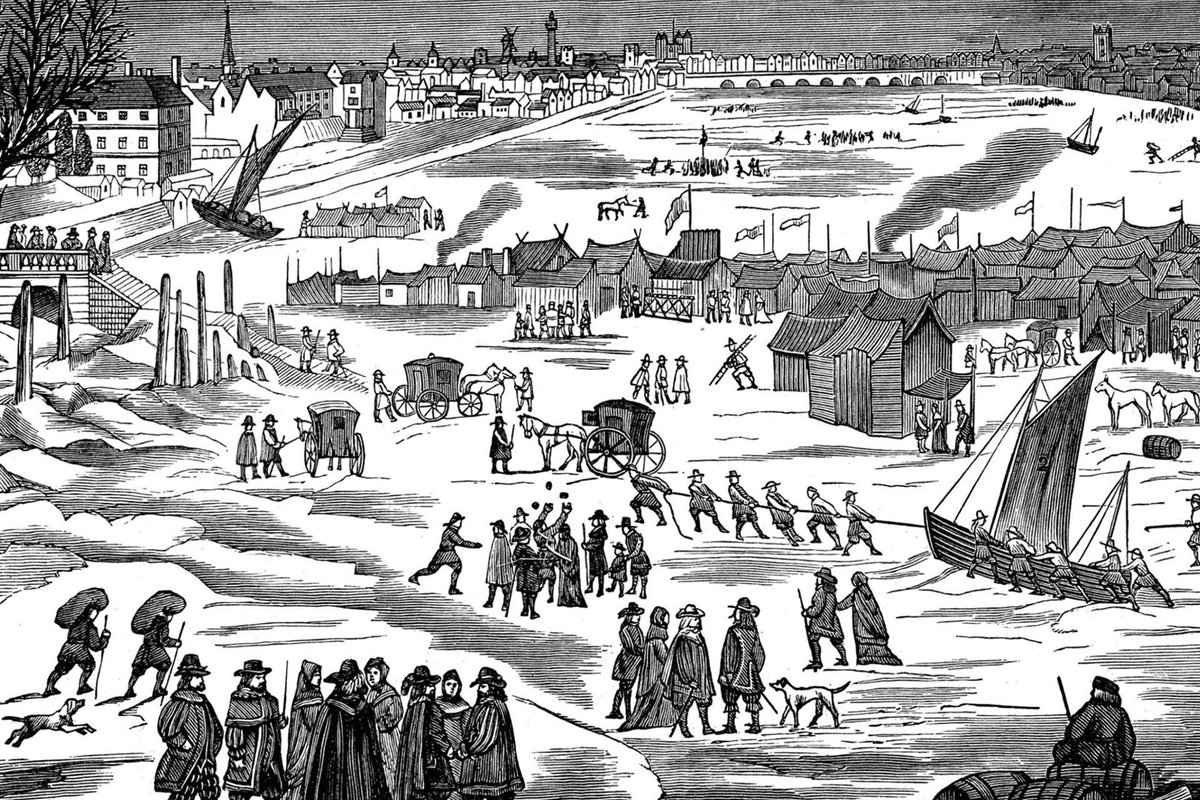
Frost Fair on the Thames at London during the Great Winter of 1683/4 when even the seas of southern England froze for up to two miles from shore #LittleIceAge: image via The Ice Age @jamie_woodward_, 28 January 2018
An awful lot they are
These descendants of Old Hrothgar
These descendants of Old Hrothgar
I know them, I lived among them as a boy
And I knew their father, Old EdgethrowAlways feared everything foreign
Devoted to Baldur Benedikt von Schirach, cousin to Scylding kings
The Code of the West was so much bloody nonsense
The music, still and notwithstanding
The hibbing of those vipern lorke that quann
You'd never want to dream of having a drink with it
.
A man rides an escalator in front of high rise buildings in the financial district Lujiazui in Shanghai: photo by Johannes Eiseke/AFP, 6 April 2016
A man rides an escalator in front of high rise buildings in the financial district Lujiazui in Shanghai: photo by Johannes Eiseke/AFP, 6 April 2016
A swan floats on lake Weissensee near Fuessen, southern Germany: photo by Karl-Josef Hildenbrand/dpa/AP, 6 April 2016
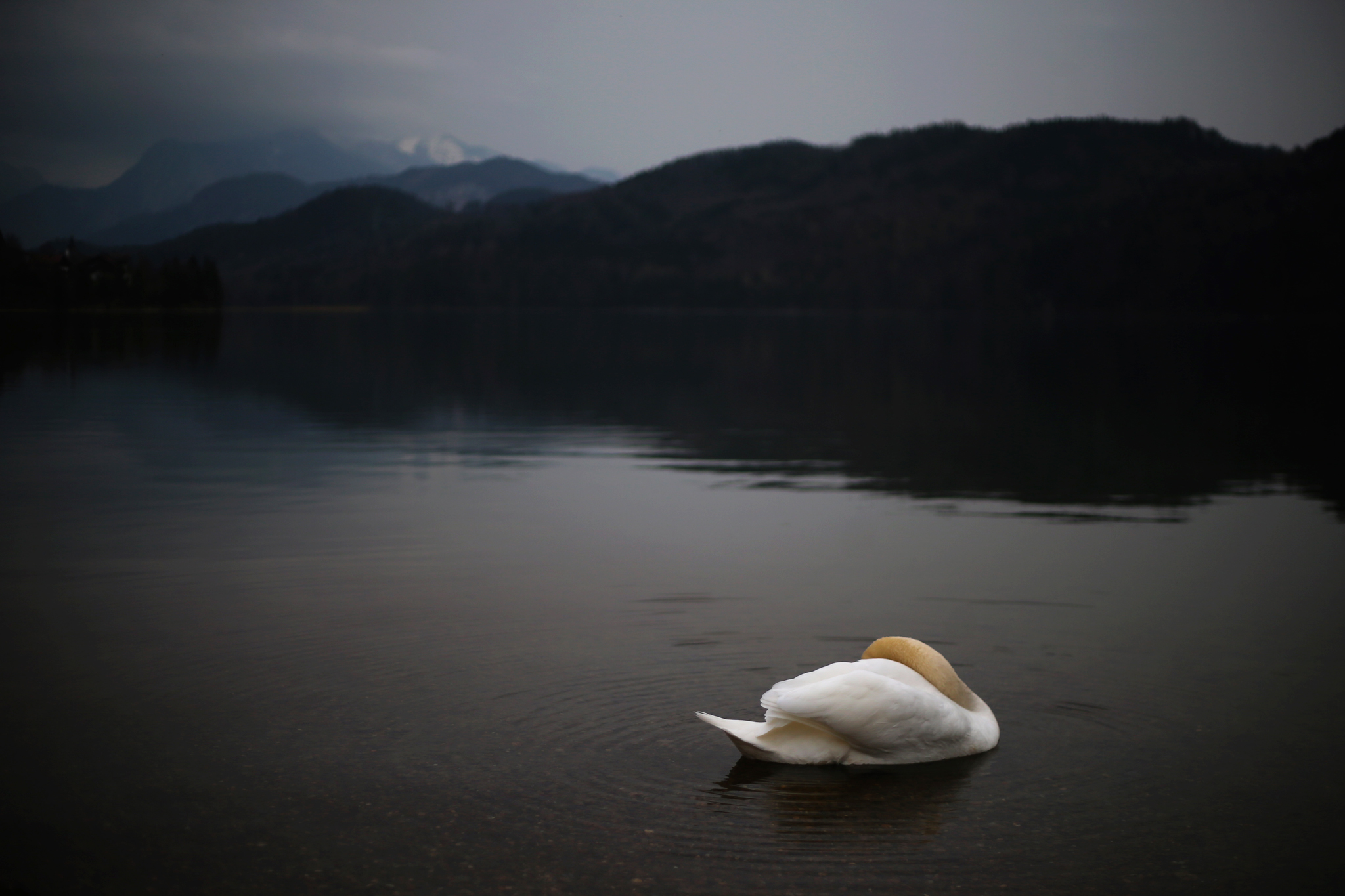
A swan floats on lake Weissensee near Fuessen, southern Germany: photo by Karl-Josef Hildenbrand/dpa/AP, 6 April 2016
II "The hibbing of those vipern lorke that quann..."
The hibbing of those vipern lorke that quann
The hibbing of those vipern lorke that quann
Hither sometimes sinne steales and staines
The silken sad uncertain rustling in the thousand
Wreaths of dangling water-smoke of each borble quartan
Wreaths of dangling water-smoke of each borble quartan
Sweet Fido at my feet curled like a quarled willow
Upon the wild sea-banks an waful wuv moved wivver
Smooth cartage from thy chamber
On boated heapes of heavy gold thickwit ermidsA monkey jumps from a branch at Yangon Zoological Gardens in Yangon, Myanmar. Yangon Zoological Gardens (Yangon Zoo) is the oldest and second largest zoo in Myanmar.: photo by Lynn Bo Bo/EPA, 6 April 2016
A monkey jumps from a branch at Yangon Zoological Gardens in Yangon, Myanmar. Yangon Zoological Gardens (Yangon Zoo) is the oldest and second largest zoo in Myanmar.: photo by Lynn Bo Bo/EPA, 6 April 2016



III little here has changed least of all the crows divebombing
Then let the sharp March wind tread our ears
little here changes least of all the crows oblivious divebombing
little here has changed least of all the crows divebombing
little here changes least of all the crows oblivious divebombing
little here has changed least of all the crows divebombing
the speeding cars on the Ave don't they know it's Holy Week
Then let the sharp March wind tread our ears
Then let the sharp March wind tread our ears
I to you turn with tears starting
who to wedlock this wonder wedlock brought not
enough to stand up to the numerousness of years expecting
enough to stand up to the numerousness of years expecting
each be other’s comfort kind but then life happens
always the same forever feeling sometimes merciful
sometimes binding close sometimes falling apart
deep deeper than divine
charity dear charity, where are you, I scout the whole harbour
nobody but the weathered sea dogs are there, who testify
knew him, knew him as a boy, knew that gnarled weirdo
his father, Old Edgethrow, who always said these
knew him, knew him as a boy, knew that gnarled weirdo
his father, Old Edgethrow, who always said these
same simple words:
Fast you ever, fast bind,
Then let the March wind redden our ears
I to you turn with tears starting
Who to wedlock this wonder wedlock brought not
enough
enough
(Old Hrothgar, to himself: Déals tríumph and immortal years - not!)
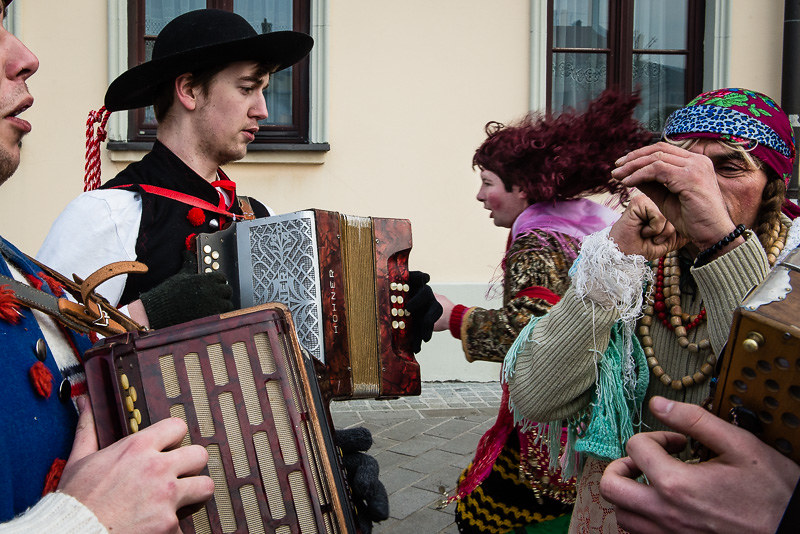
Untitled [street carolers, Poland]: photo by Joanna Mrowka, 27 January 2018

Street One | Aalst (Belgium), 2017: photo by Jeffrey De Keyser, 26 February 2017

Untitled: photo by Sakis Dazanis, 3 January 2017
the coming on of autumn often heightened awareness
old Hrothgar never had a clue nor will other find nor see
none knew you as a boy as did I nor did I know you
nor did my interior mentor and semblable Old Edgethrow
the colours of the bushes and of the fallen leaves
repeat themselves in the streaming headlights
O absent hand discovered in fallen leaves on the back
roads of leaf muck and little stars that live in emptied skies
By the rivers of my memory clinging to the rocks and ivy
in the early morning separate shared blurred vision

Thank God for my life: photo by carlo barberio, 2 April 2017
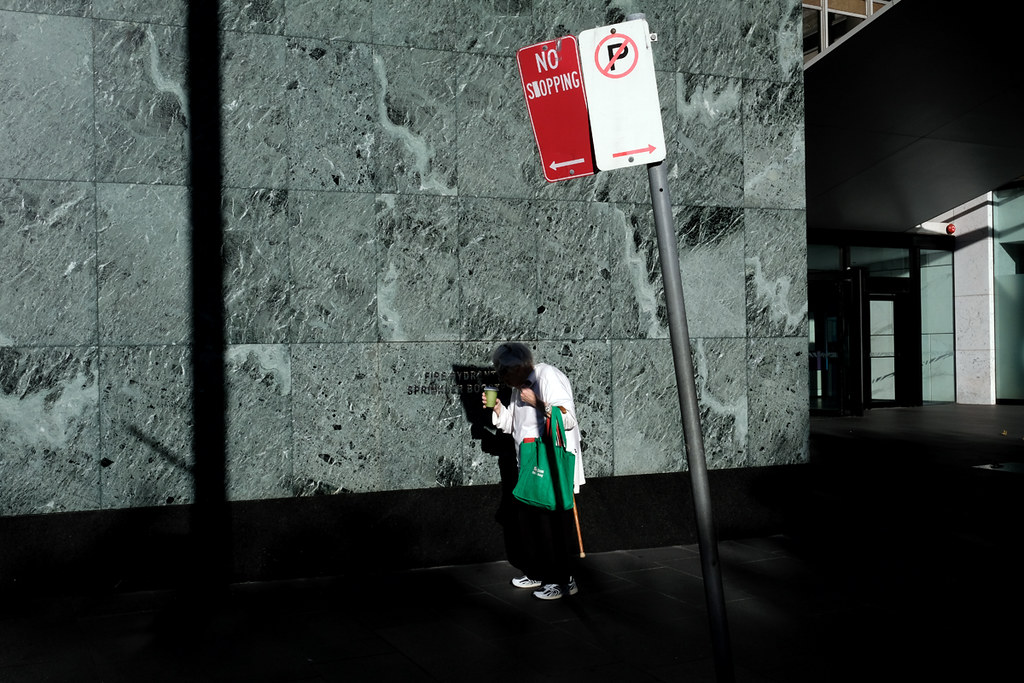
Untitled [Circular Quay, Sydney]: photo by Sam Ferris, 19 April 2017
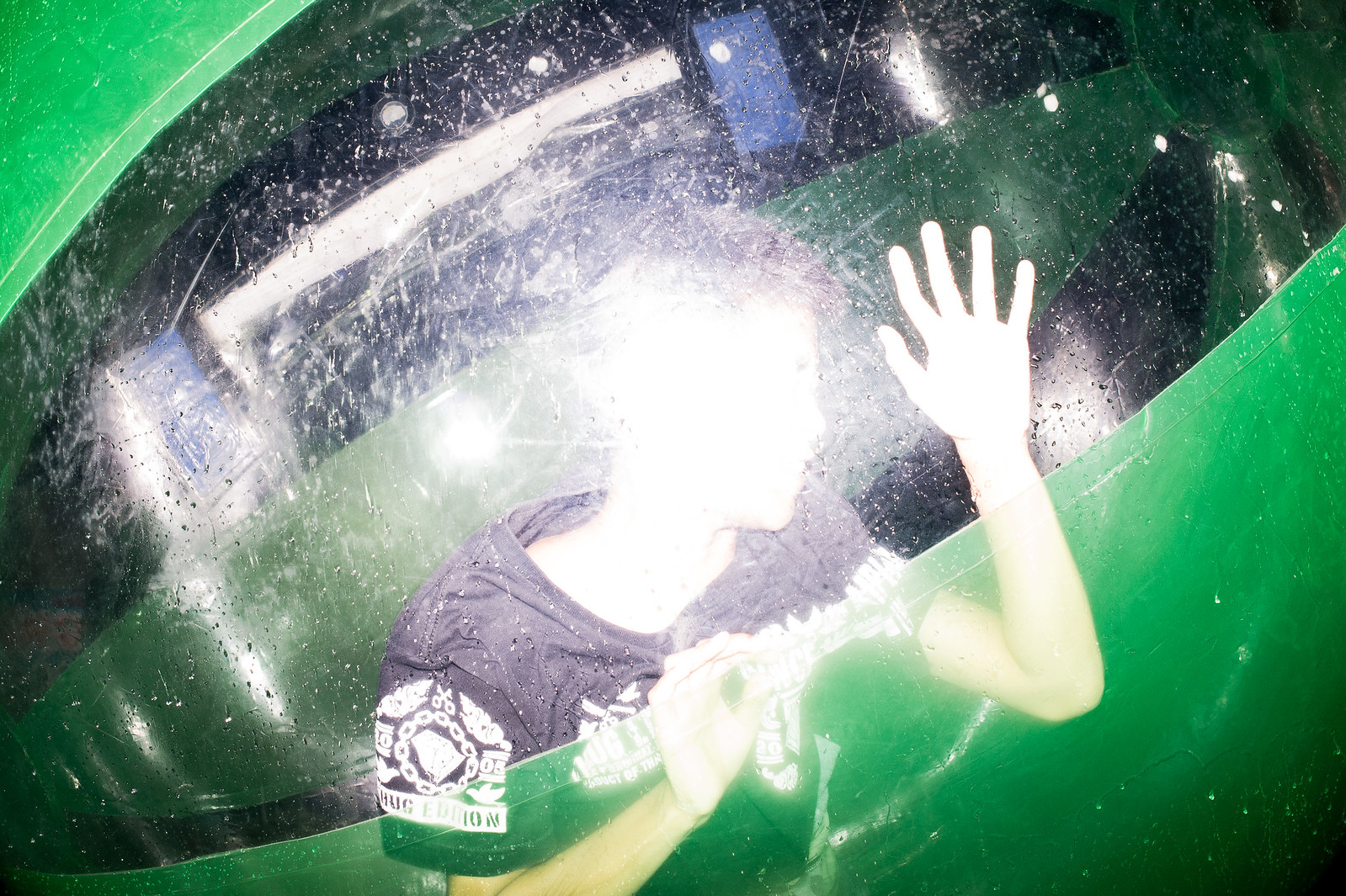
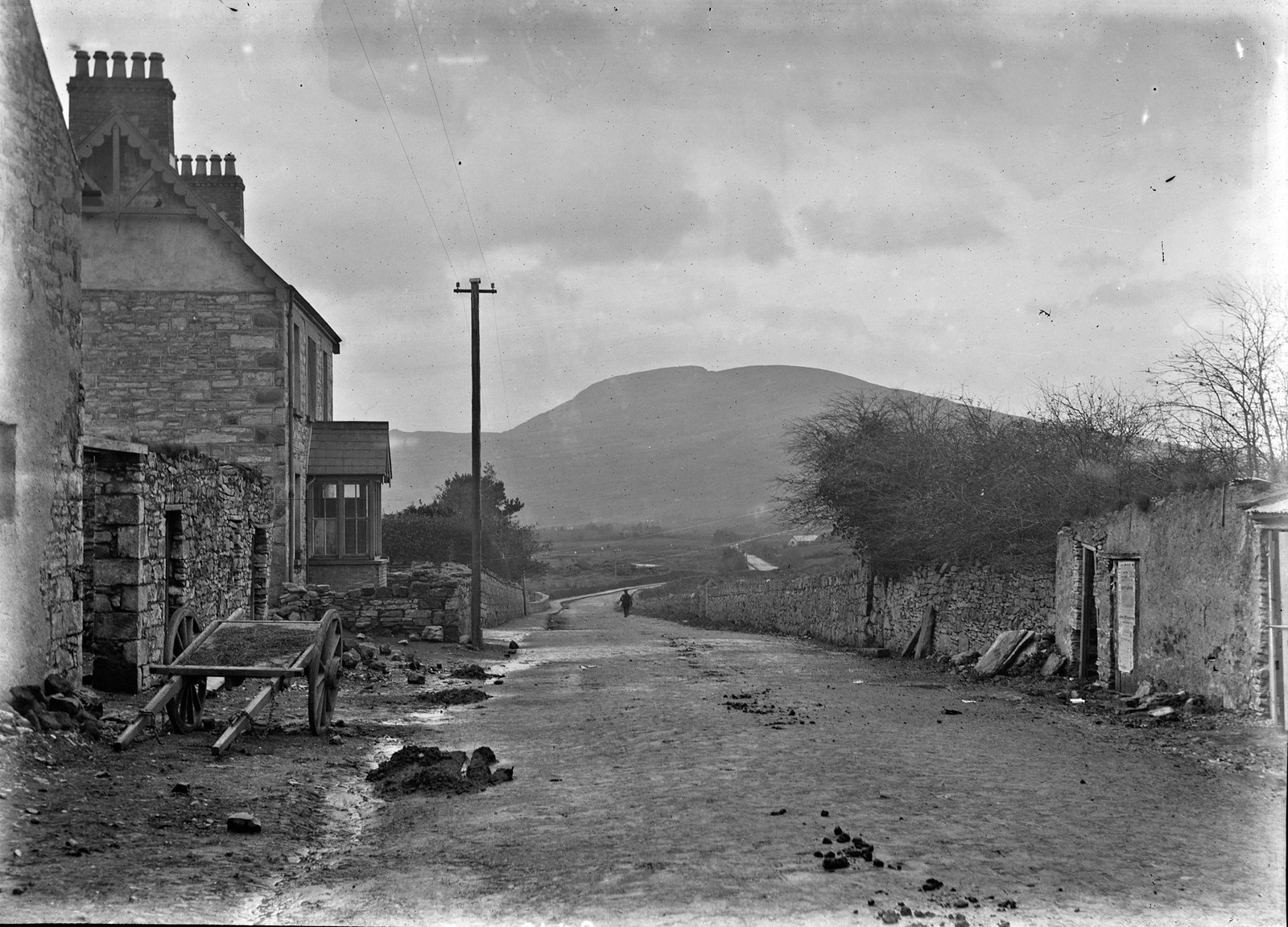
Benbo Mountain, Manor Hamilton, County Leitrim. About three miles from the town of Manorhamilton is a mountain called Benbo. It is about one thousand seven hundred feet high. Once a man who lived at the bottom of this mountain dreamed three nights in succession, that if he went up to the top of the mountain at a certain time he would see a cow coming out of the lake which was on the top of the mountain. ... The lake which is on the top of the mountain is small and round. In it is black bog water. In dry weather it never dries up, or in wet weather it rises any higher than it is. He also was told in his dream that if he stood between the cow and the lake, and if he spit at the cow three times, before she could get into the lake he would have her. He did so and got the cow. Benbo means the hill of the cow's horns. ... Another story is that a man dreamed three nights after other, that if he went up to the top of the mountain at twelve o'clock, at night and sat there for some times beside the lake, he would see a crock of gold sailing towards him. In his dream he was told that if he took his eyes off it, while it was sailing towards he would not get it. He did so and while it was sailing towards him he heard a noise behind him. He looked around and saw nothing. When he turned round again the crock of gold was gone. -- Thomas McTernan. Boys National School. Manorhamilton. 18-3-1938: photographer unknown, c. 1900-1920 (Eason Collection, National Library of Ireland)

Benbo Mountain, Manor Hamilton, County Leitrim. About three miles from the town of Manorhamilton is a mountain called Benbo. It is about one thousand seven hundred feet high. Once a man who lived at the bottom of this mountain dreamed three nights in succession, that if he went up to the top of the mountain at a certain time he would see a cow coming out of the lake which was on the top of the mountain. ... The lake which is on the top of the mountain is small and round. In it is black bog water. In dry weather it never dries up, or in wet weather it rises any higher than it is. He also was told in his dream that if he stood between the cow and the lake, and if he spit at the cow three times, before she could get into the lake he would have her. He did so and got the cow. Benbo means the hill of the cow's horns. ... Another story is that a man dreamed three nights after other, that if he went up to the top of the mountain at twelve o'clock, at night and sat there for some times beside the lake, he would see a crock of gold sailing towards him. In his dream he was told that if he took his eyes off it, while it was sailing towards he would not get it. He did so and while it was sailing towards him he heard a noise behind him. He looked around and saw nothing. When he turned round again the crock of gold was gone. -- Thomas McTernan. Boys National School. Manorhamilton. 18-3-1938: photographer unknown, c. 1900-1920 (Eason Collection, National Library of Ireland)

Benbo Mountain, Manor Hamilton, County Leitrim. About three miles from the town of Manorhamilton is a mountain called Benbo. It is about one thousand seven hundred feet high. Once a man who lived at the bottom of this mountain dreamed three nights in succession, that if he went up to the top of the mountain at a certain time he would see a cow coming out of the lake which was on the top of the mountain. ... The lake which is on the top of the mountain is small and round. In it is black bog water. In dry weather it never dries up, or in wet weather it rises any higher than it is. He also was told in his dream that if he stood between the cow and the lake, and if he spit at the cow three times, before she could get into the lake he would have her. He did so and got the cow. Benbo means the hill of the cow's horns. ... Another story is that a man dreamed three nights after other, that if he went up to the top of the mountain at twelve o'clock, at night and sat there for some times beside the lake, he would see a crock of gold sailing towards him. In his dream he was told that if he took his eyes off it, while it was sailing towards he would not get it. He did so and while it was sailing towards him he heard a noise behind him. He looked around and saw nothing. When he turned round again the crock of gold was gone. -- Thomas McTernan. Boys National School. Manorhamilton. 18-3-1938: photographer unknown, c. 1900-1920 (Eason Collection, National Library of Ireland)
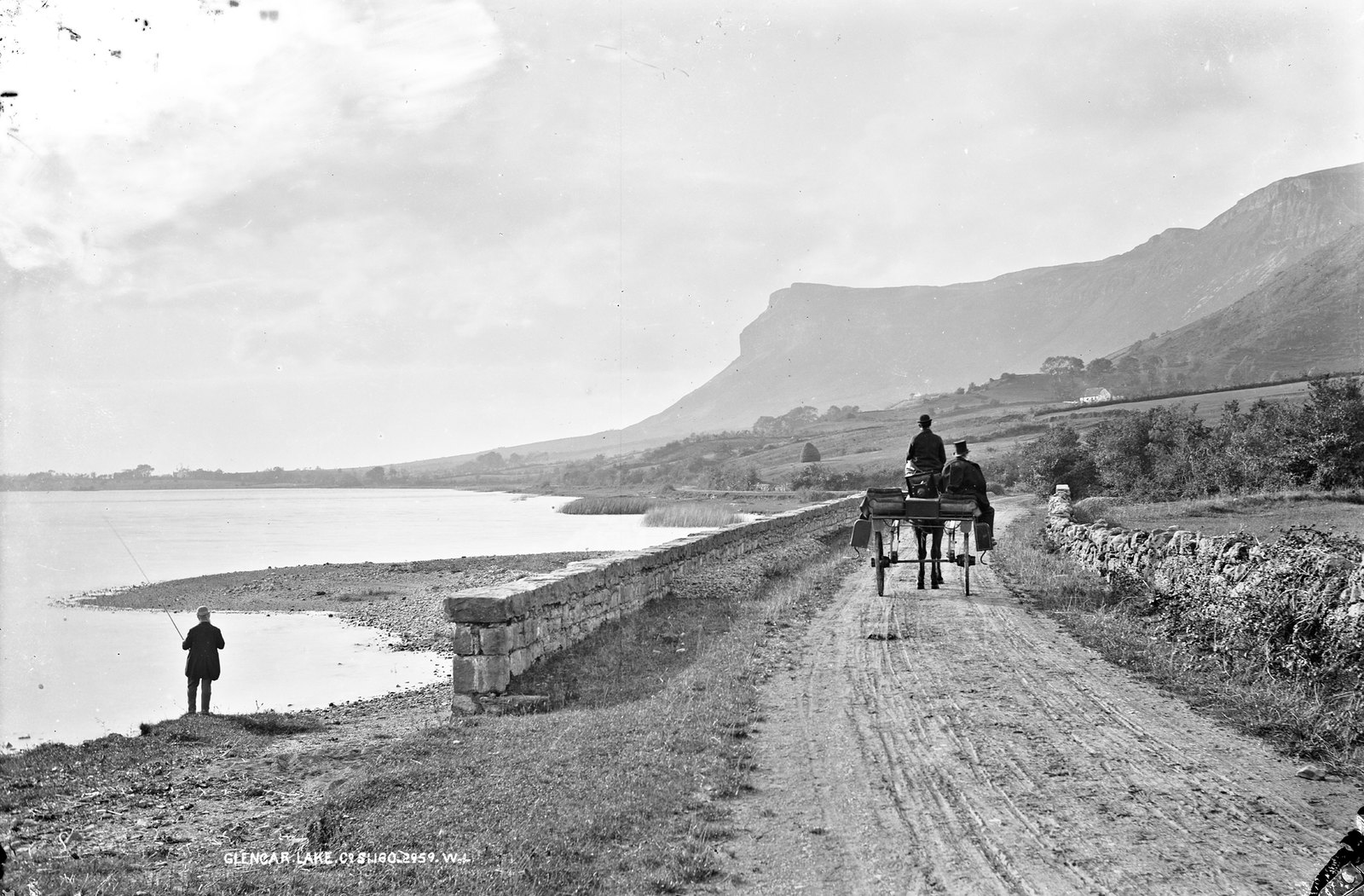
Glencar Lake, County Leitrim: photo by Robert French, between 1865 and 1914 (Lawrence Photograph Collection, National Library of Ireland)

Glencar Lake, County Leitrim: photo by Robert French, between 1865 and 1914 (Lawrence Photograph Collection, National Library of Ireland)

Glencar Lake, County Leitrim: photo by Robert French, between 1865 and 1914 (Lawrence Photograph Collection, National Library of Ireland)
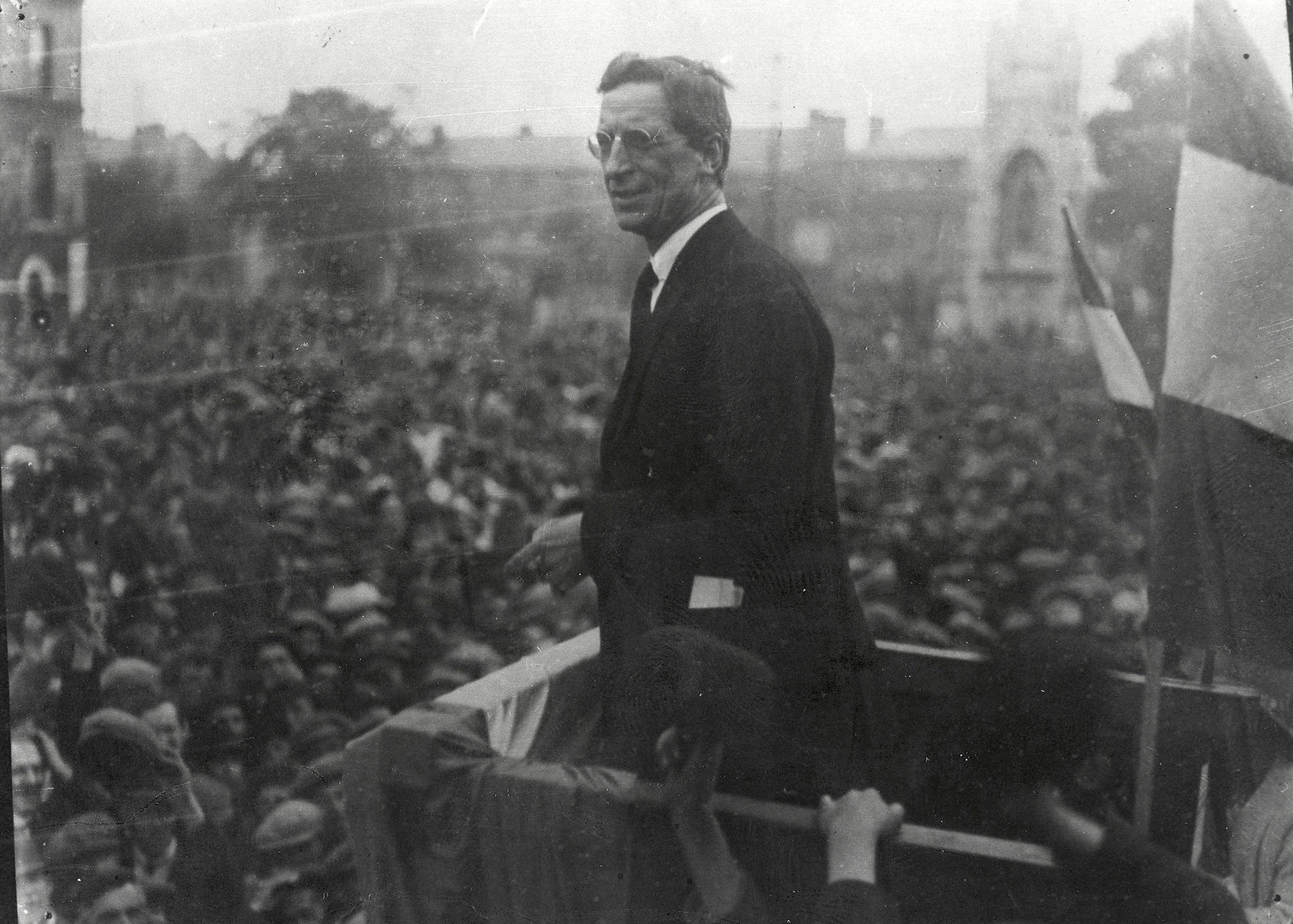



A bomb placed in an ambulance set off a huge explosion on Saturday on a busy street in Kabul, Afghanistan, killing at least 95 people and injuring dozens of others. The Taliban claimed responsibility.: photo by Andrew Quity for The New York Times, 27 January 2018

Untitled [street carolers, Poland]: photo by Joanna Mrowka, 27 January 2018

Street One | Aalst (Belgium), 2017: photo by Jeffrey De Keyser, 26 February 2017

Untitled: photo by Sakis Dazanis, 3 January 2017
IV awareness
the coming on of autumn often heightened awareness
that was then this is uniquely almost now almost tomorrow
never more than a modicum of it at any given time
never more than a pinch, to startle one out of the shadowlands
there you are on the back roads ever gentle on my mindrepeat themselves in the streaming headlights
By the rivers of my memory clinging to the rocks and ivy

Thank God for my life: photo by carlo barberio, 2 April 2017

Untitled [Circular Quay, Sydney]: photo by Sam Ferris, 19 April 2017

William Butler Yeats: Two Poems

Benbo Mountain, Manor Hamilton, County Leitrim. About three miles from the town of Manorhamilton is a mountain called Benbo. It is about one thousand seven hundred feet high. Once a man who lived at the bottom of this mountain dreamed three nights in succession, that if he went up to the top of the mountain at a certain time he would see a cow coming out of the lake which was on the top of the mountain. ... The lake which is on the top of the mountain is small and round. In it is black bog water. In dry weather it never dries up, or in wet weather it rises any higher than it is. He also was told in his dream that if he stood between the cow and the lake, and if he spit at the cow three times, before she could get into the lake he would have her. He did so and got the cow. Benbo means the hill of the cow's horns. ... Another story is that a man dreamed three nights after other, that if he went up to the top of the mountain at twelve o'clock, at night and sat there for some times beside the lake, he would see a crock of gold sailing towards him. In his dream he was told that if he took his eyes off it, while it was sailing towards he would not get it. He did so and while it was sailing towards him he heard a noise behind him. He looked around and saw nothing. When he turned round again the crock of gold was gone. -- Thomas McTernan. Boys National School. Manorhamilton. 18-3-1938: photographer unknown, c. 1900-1920 (Eason Collection, National Library of Ireland)

Benbo Mountain, Manor Hamilton, County Leitrim. About three miles from the town of Manorhamilton is a mountain called Benbo. It is about one thousand seven hundred feet high. Once a man who lived at the bottom of this mountain dreamed three nights in succession, that if he went up to the top of the mountain at a certain time he would see a cow coming out of the lake which was on the top of the mountain. ... The lake which is on the top of the mountain is small and round. In it is black bog water. In dry weather it never dries up, or in wet weather it rises any higher than it is. He also was told in his dream that if he stood between the cow and the lake, and if he spit at the cow three times, before she could get into the lake he would have her. He did so and got the cow. Benbo means the hill of the cow's horns. ... Another story is that a man dreamed three nights after other, that if he went up to the top of the mountain at twelve o'clock, at night and sat there for some times beside the lake, he would see a crock of gold sailing towards him. In his dream he was told that if he took his eyes off it, while it was sailing towards he would not get it. He did so and while it was sailing towards him he heard a noise behind him. He looked around and saw nothing. When he turned round again the crock of gold was gone. -- Thomas McTernan. Boys National School. Manorhamilton. 18-3-1938: photographer unknown, c. 1900-1920 (Eason Collection, National Library of Ireland)

Benbo Mountain, Manor Hamilton, County Leitrim. About three miles from the town of Manorhamilton is a mountain called Benbo. It is about one thousand seven hundred feet high. Once a man who lived at the bottom of this mountain dreamed three nights in succession, that if he went up to the top of the mountain at a certain time he would see a cow coming out of the lake which was on the top of the mountain. ... The lake which is on the top of the mountain is small and round. In it is black bog water. In dry weather it never dries up, or in wet weather it rises any higher than it is. He also was told in his dream that if he stood between the cow and the lake, and if he spit at the cow three times, before she could get into the lake he would have her. He did so and got the cow. Benbo means the hill of the cow's horns. ... Another story is that a man dreamed three nights after other, that if he went up to the top of the mountain at twelve o'clock, at night and sat there for some times beside the lake, he would see a crock of gold sailing towards him. In his dream he was told that if he took his eyes off it, while it was sailing towards he would not get it. He did so and while it was sailing towards him he heard a noise behind him. He looked around and saw nothing. When he turned round again the crock of gold was gone. -- Thomas McTernan. Boys National School. Manorhamilton. 18-3-1938: photographer unknown, c. 1900-1920 (Eason Collection, National Library of Ireland)
William Butler Yeats: An Irish Airman Foresees His Death
I know that I shall meet my fate
Somewhere among the clouds above;
Those that I fight I do not hate
Those that I guard I do not love;
My country is Kiltartan Cross,
My countrymen Kiltartan’s poor,
No likely end could bring them loss
Or leave them happier than before.
Nor law, nor duty bade me fight,
Nor public man, nor cheering crowds,
A lonely impulse of delight
Drove to this tumult in the clouds;
I balanced all, brought all to mind,
The years to come seemed waste of breath,
A waste of breath the years behind
In balance with this life, this death.
William Butler Yeats (1865-1939): An Irish Airman Foresees His Death, 1919, from Selected Poems, 1933

Glencar Lake, County Leitrim: photo by Robert French, between 1865 and 1914 (Lawrence Photograph Collection, National Library of Ireland)

Glencar Lake, County Leitrim: photo by Robert French, between 1865 and 1914 (Lawrence Photograph Collection, National Library of Ireland)

Glencar Lake, County Leitrim: photo by Robert French, between 1865 and 1914 (Lawrence Photograph Collection, National Library of Ireland)
William Butler Yeats: The Fisherman
Although I can see him still,
The freckled man who goes
To a grey place on a hill
In grey Connemara clothes
At dawn to cast his flies,
It’s long since I began
To call up to the eyes
This wise and simple man.
All day I’d looked in the face
What I had hoped ‘twould be
To write for my own race
And the reality;
The living men that I hate,
The dead man that I loved,
The craven man in his seat,
The insolent unreproved,
And no knave brought to book
Who has won a drunken cheer,
The witty man and his joke
Aimed at the commonest ear,
The clever man who cries
The catch-cries of the clown,
The beating down of the wise
And great Art beaten down.
Maybe a twelvemonth since
Suddenly I began,
In scorn of this audience,
Imagining a man,
And his sun-freckled face,
And grey Connemara cloth,
Climbing up to a place
Where stone is dark under froth,
And the down-turn of his wrist
When the flies drop in the stream;
A man who does not exist,
A man who is but a dream;
And cried, ‘Before I am old
I shall have written him one
Poem maybe as cold
And passionate as the dawn.'
William Butler Yeats (1865-1939): The Fisherman, 1916, from Selected Poems, 1933
"Dev. Anti-Conscription Rally, 1918" [?], Eamon de Valera addressing a meeting, Grand Parade, Cork, c. 1918: photographer unknown, c. 1918 (?) (Republican Photography Collection, National Library of Ireland)



A bomb placed in an ambulance set off a huge explosion on Saturday on a busy street in Kabul, Afghanistan, killing at least 95 people and injuring dozens of others. The Taliban claimed responsibility.: photo by Andrew Quity for The New York Times, 27 January 2018

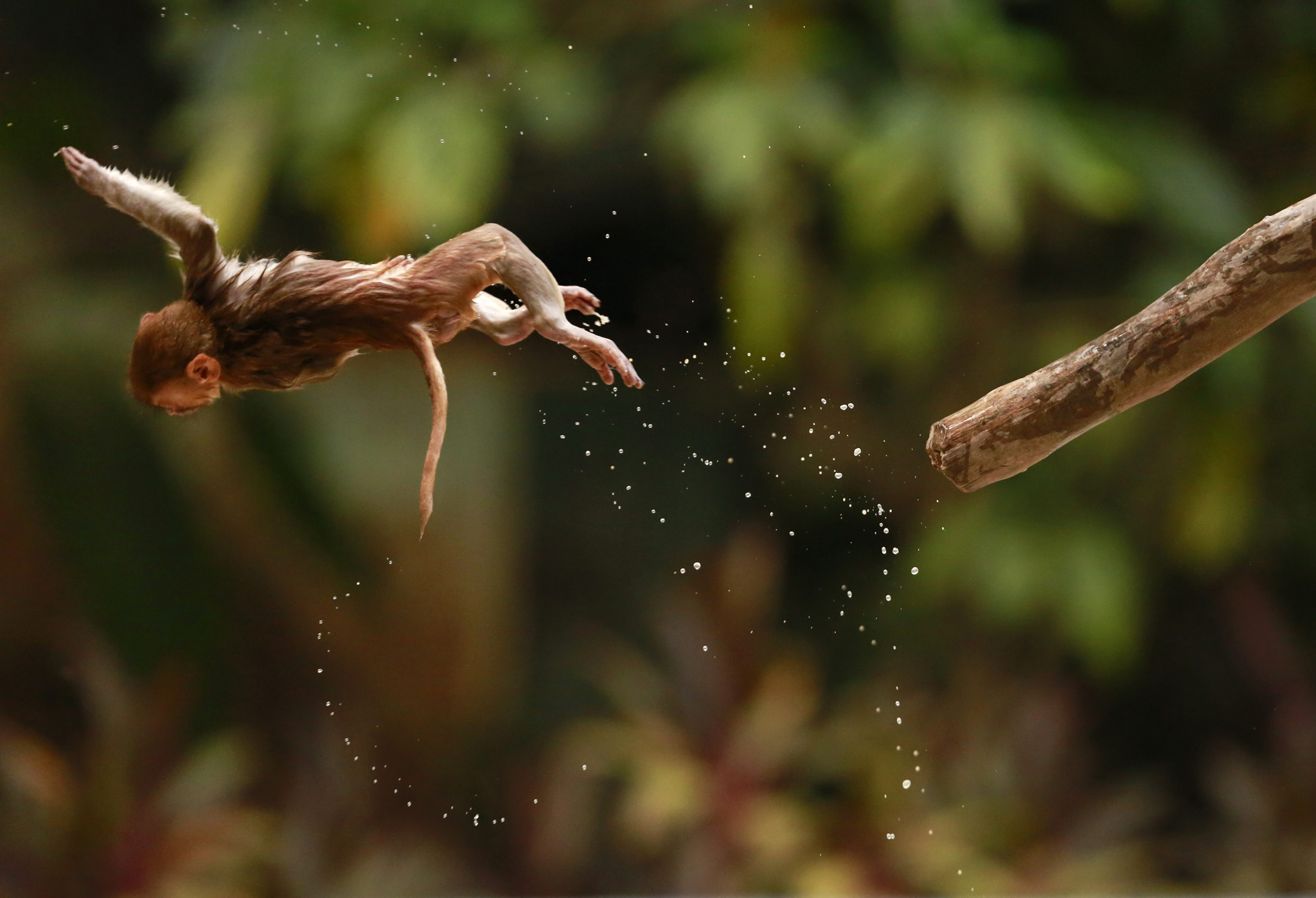
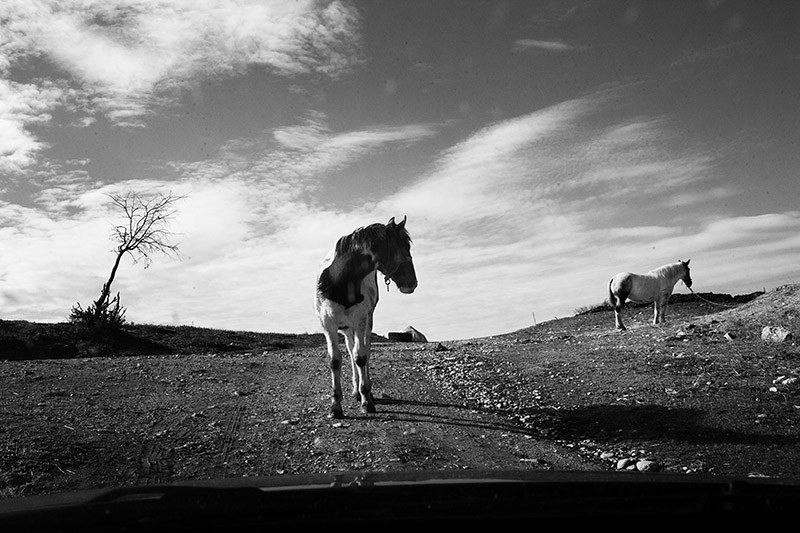
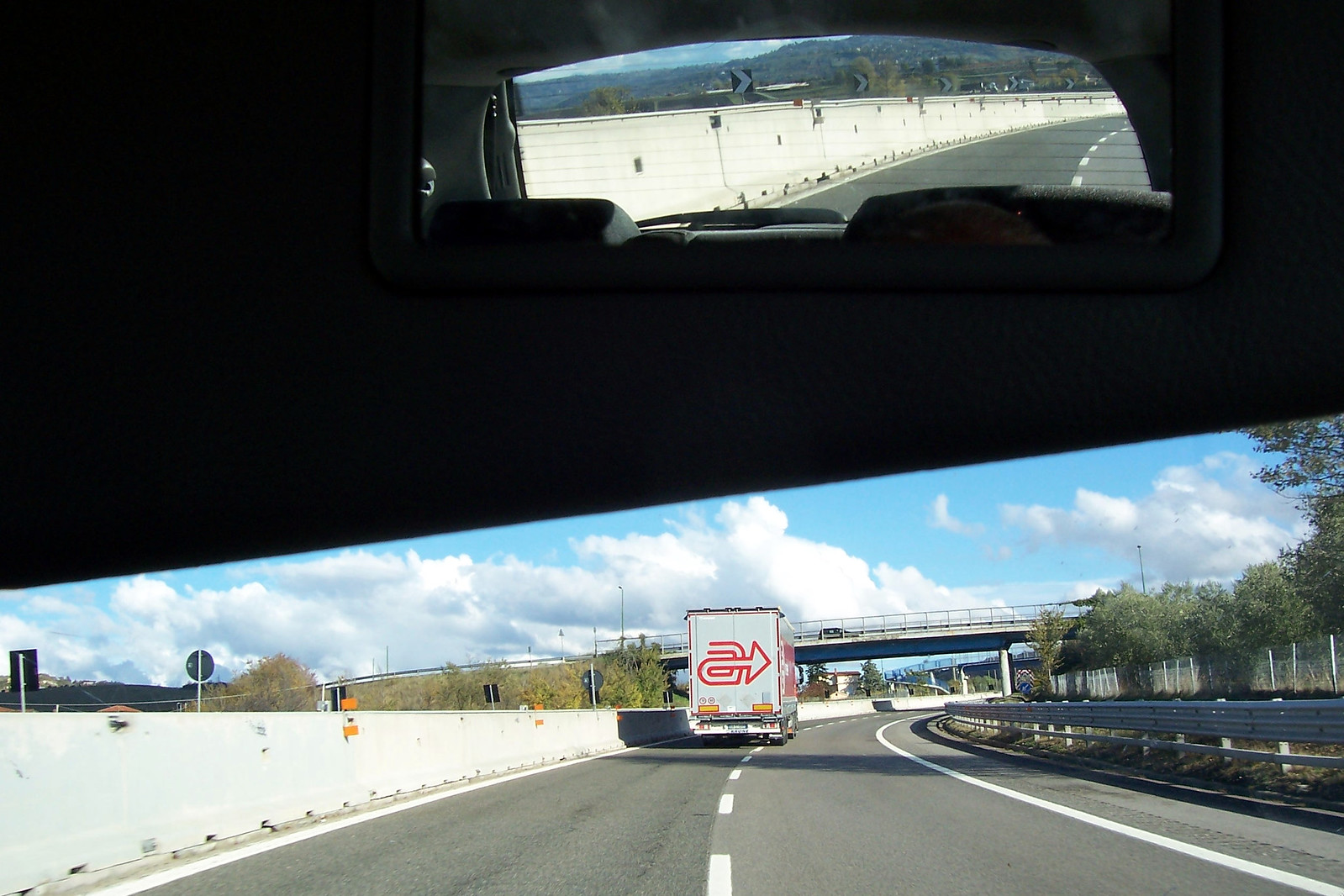



6 comments:
Dylan: Ring Them Bells (live, Vicar Street Dublin, 13 September 2000)
Dylan: To Ramona (live, Vicar Street Dublin, 13 September 2000)
Dylan: Tangled Up In Blue (live, Vicar Street Dublin, 13 September 2000)
Dylan: Jokerman (live, Brixton Academy London, 25 November 2003)
Wonderful, exhilarating piece of writing, Tom. I love it when you go all ergodic like that. We will be chanting this in the mead hall tonight. Thanks for more WBY & those glorious old photos. Here's a song from the great McNulty Family, gods of mid 20th-century Irish-American music---https://www.youtube.com/watch?v=kWngjE542_k
Now that's the spirit! Willy's old neighbourhood!
Likeable, Lovable, Leitrim Lad - McNulty Family 78 RPM - Label: 332441, MX:67143 - 4/10/50
Thank you tpw, you have caught us with that rousing ditty at an excellent moment, morning after the excitement of grammys night, always like every other day a fine day here in the ergodic community, not to speak of a yeast infection or two among the aspirant shamanical students, otherwise all good... saturday night out on the ice floe with a keg of Steel Reserve or some other fine high gravity lager will cure almost anything every time, as we say, our rough voices rising in slurred unison in preparing the proper eve-of-attack attitude of table-banging undirected truculent aggressiveness with the built-in added boost of extreme irrational backlash, suitable for the storming of peaceful settlements and subsequent securing of host maidens for future colonization. Or maybe not. A long, white night, in short.
Willy even dropped in out of his tackle box Sometime after midnight, the screen had gone dark by then and all you could see of the ceremony were the spirit images of some enormous red fandango derriéres evidently trucked in out of a deeply suspicious -- or would the term be suspect? - later epoch. Unless it's earlier.
I can almost see the shadow of your face in the campfire light, a wolf shawl pillowing on your shoulders, chanting the tale of the now and now and then with the blue moon and all of that about to pay a fateful visit. My caring little sis recently sent off for one of those DNA reveals after Pap and Mum passed. It showed we wee ones come in at 98.6 percentish Irish and the rest Scandinavian from some 16th-century dallying offspring of a 9th-century marauder. It took him 700 years but, consider, we're six-in-bed Irish. What are the odds? Anyway, that's where the troubles began. The fortune tellers and gypsies and bookies and ball players, and singers and nuns. And readers. Those SOBs. And, Tommy, out here we know it's true. The Code of the West is baloney. I have to say, though, I am always, always, always taken by the pictures of anglers here, like the Filiro fellow the other day that closed "Number Theory." And the Glencar Lake picture today. WBY's poem – I didn't know it until this morning – and I've learned it's not only about fishing. If it were it would be perfect to my way of thinking, I guess because the pursuit is an endless one, always different and always full of failures and wise guys who don't care that angling is always on the edge of discovery and oblivion. I've taken to saying there are tens of millions of anglers out there and maybe a couple one could call accomplished. I'm still searching for them. Ahh, but no need to look any further than here to find the one man and his wonderful wife showing anyone who stumbles by what's what on this rather aimless mud ball circling a star, to bring this back around. You are two accomplished life and art anglers among tens of millions who try. Thanks to you both.
Tom,
Were there not wee squirts and dribbles inadvertently (or not) provided by marauders to dilute the strain, every few centuries, over the several millennia, I don't know how the Irish could ever have lasted this long.
Before our front steps collapsed entirely, an Irishman once fell down them. Being a dirt poor Irishman I do not buy insurance, so the heart stopt for a moment... before I realised the fellow now lying at the bottom of the steps, crumpled and bent and yet, and this is the important part, hysterically laughing, was feeling no pain.
How can this be? I asked, pinching my self inwardly.
It had to have been the luck of the Irish, conferred by St Usquebaugh, who according to the legend arrived in the dark of night from Orkney, and either chased out the Vikings, or was captured, quartered, and roasted on the beach by them, in the shadow of the ships, depending who you want to believe.
I’d be betting the the good saint managed to acquire a wooly rhino hair shirt. Maybe in a trade.
Post a Comment